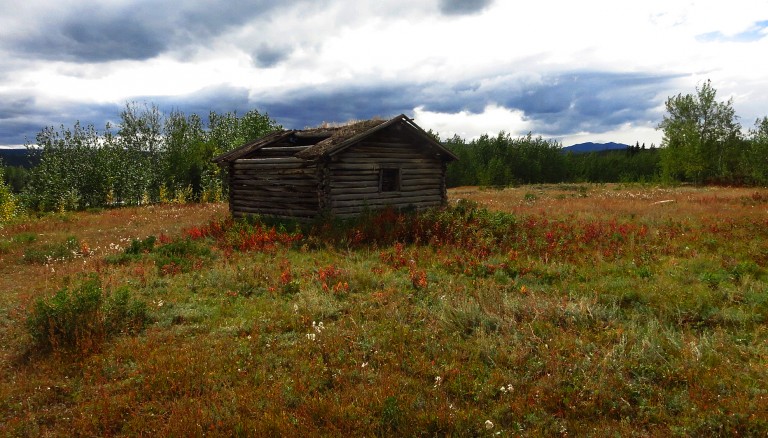In this module, you will gain a basic historical, geographical, and political understanding of regions necessary to explore various patterns of language shift. You will learn how local communities have responded to encounters with settler languages, cultures, and practices, including various government-sponsored educational programs and policies, and general economic reordering that accompanies growth in northern economic development. In this way, language acts as a lens through which questions of northern development and change can be studied. However, the materials in this module represent only a small sample of many resources and opinions that exist on these subjects.
By the completion of this module students will be able to:
- Summarize some challenges Northern Indigenous peoples are experiencing concerning language;
- Describe and assess educational policies and approaches for addressing issues associated with language;
- Recognize political and economic implications of language revitalization.
To guide you, in may be helpful to keep the following questions in mind:
- How has colonial encounter influenced existing issues relating to language?
- Who speaks what and where?
- What are some of the different ways that languages have come to matter?
- What is the relationship between language and ethnic, regional, and national identities?
- What are some of the various regional, territorial and national policies and commitments to supporting indigenous languages?
- How are different northern peoples and groups working to retain their ancestral languages?
- How is the future envisioned?
